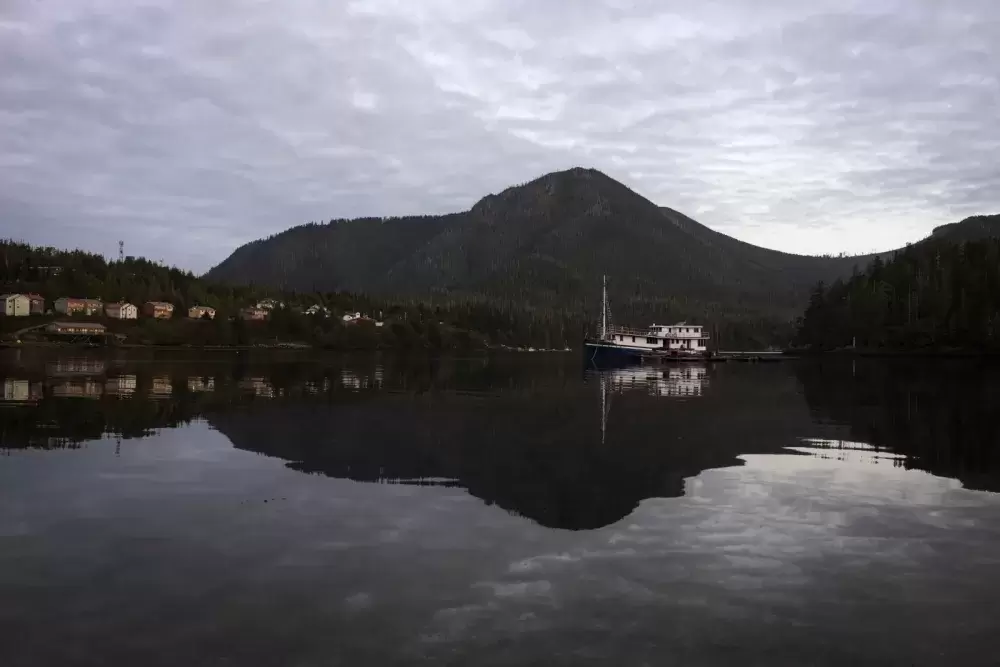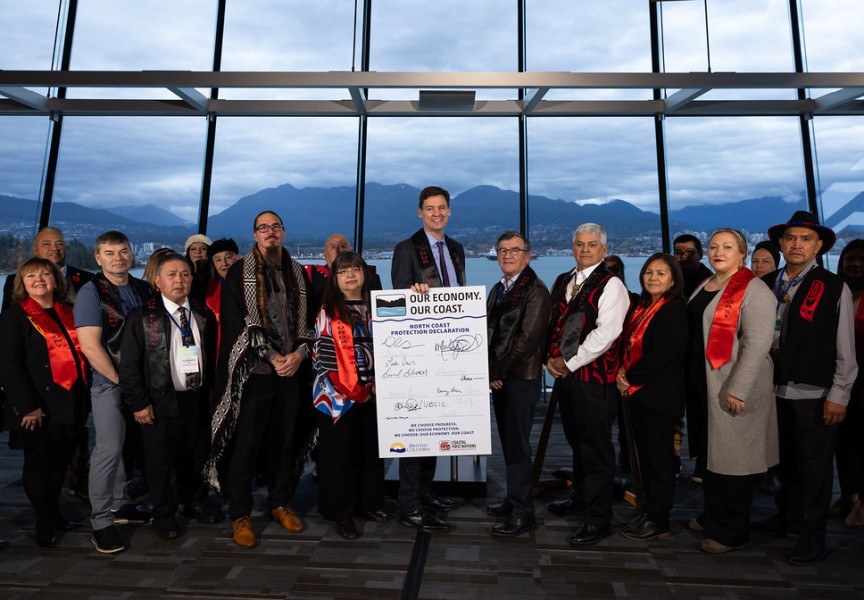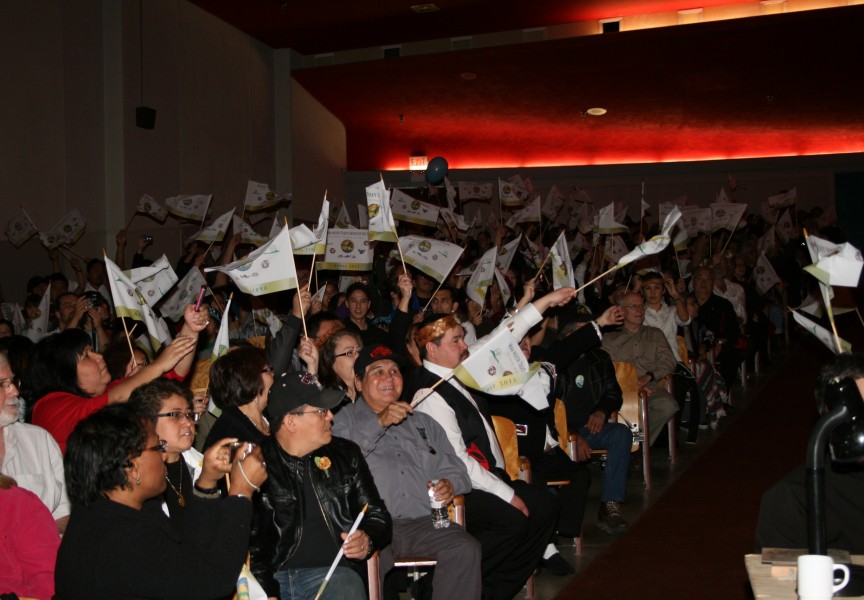The provincial government has pledged $5-million towards development projects spanning across 24 B.C. parks.
As part of the province’s StrongerBC economic recovery initiative to promote wellness and employment, the funds will be allocated towards improvements, such as the instillation of a raised boardwalk and viewing platform in MacMillan Provincial Park and the replacement of boardwalk and stair structures in Maquinna Marine Provincial Park.
"We have heard the call for greater access to the outdoors to promote health and well-being during COVID-19,” said George Heyman, minister of Environment and Climate Change Strategy in a news release. "These meaningful projects create jobs to address those needs as part of our support for B.C. communities.”
The Maaqutusiis Hahoulthee Stewardship Society (MHSS) and 43K Wilderness Solutions were awarded a contract for the replacement of a two-kilometer boardwalk at Hot Springs Cove, which is located at Maquinna park.
“This work is the result of a Park Operator Agreement between BC Parks and the Ahousaht First Nation formed in 2017 for the maintenance of Maquinna Marine Park,” said the Ministry of Environment and Climate Change Strategy. “The Agreement establishes a shared commitment for BC Parks and the Ahousaht First Nation to explore and pursue economic development opportunities.”
Two crews of three carpenters from Ahousaht, along with a shift supervisor from 43K Wilderness Solutions, will rotate in to replace the boardwalk. The $1.1-million project kicked-off last week and is anticipated to be complete by the end of the May, said MHSS general manager John Caton.
A “rustic” camp at Hot Springs Cove has been erected, where each worker is equipped with their own 10-feet by 12-feet sidewall tent that is outfitted with a propane heater and bed. The camp has an enclosed kitchen and on-demand hot running water.
While Caton said he has his fingers crossed that COVID-19 is going to allow the hot springs to open this year, only time will tell.
Cathedral Grove, located in MacMillan Provincial Park, remains closed as it normally experiences over 500,000 visits per year, according to the Ministry of Environment and Climate Change Strategy.
“Due to the unique nature of the park, the trail system and boardwalks are very narrow making appropriate physical distancing extremely challenging,” said the ministry. “The parking areas at MacMillan Provincial Park are small and compact and do not allow for physical distancing in this area.”
The announcement is part of the province’s $10-billion COVID-19 response, which is designed to protect people's health and livelihoods, while supporting businesses and communities.
As one of the largest park systems in North America, B.C. has over 1,000 provincial parks, recreation areas and ecological reserves that cover around 14.4 per cent of the provincial land base.
"An investment in our parks is an investment in the people of British Columbia," said Kelly Greene, Parliamentary Secretary for Environment in a release. "Getting outside is more important than ever, and our government is committed to expanding parks so that all British Columbians can enjoy the beautiful natural landscape of our province."
Around two per cent of the province’s parks and protected area systems have been largely developed with a visitor-use focus, including facilities such as campgrounds, boat launches and parking lots.
"We are celebrating this investment in BC Parks, which will have far-reaching benefits for people and nature," said Annita Mcphee, executive director of the Canadian Parks and Wilderness Society, B.C. chapter. "Keeping parks accessible and sustainably supported will create a more welcoming parks system, building healthy communities and future nature stewards."







